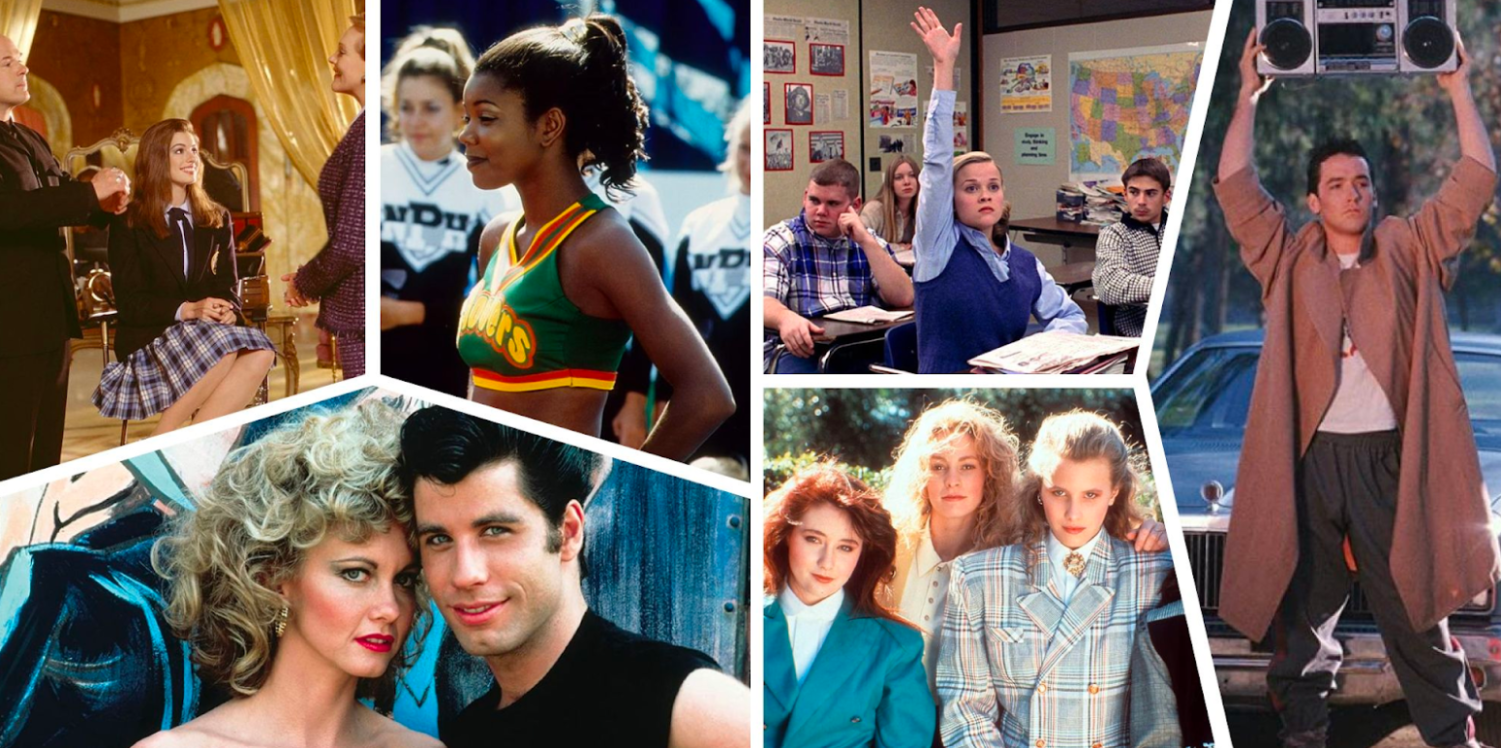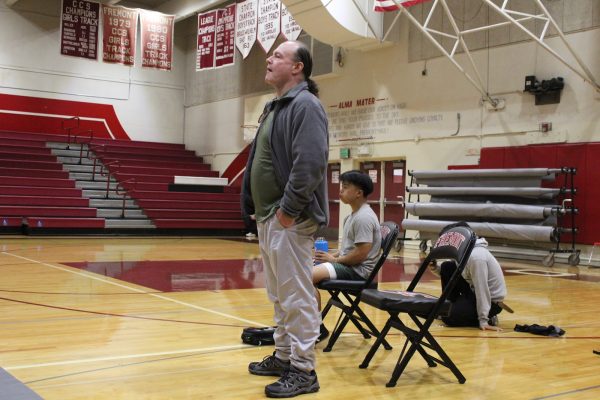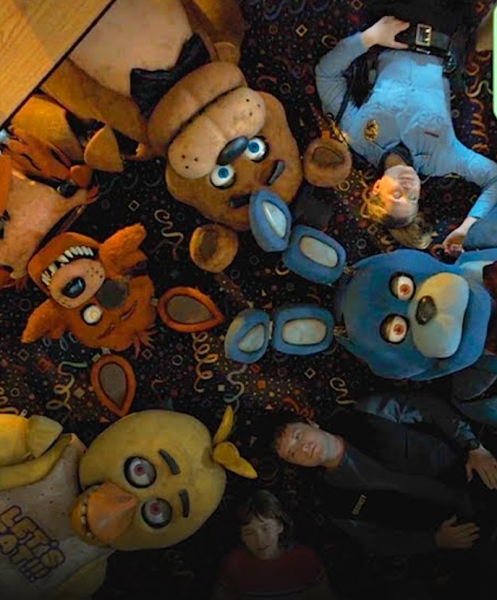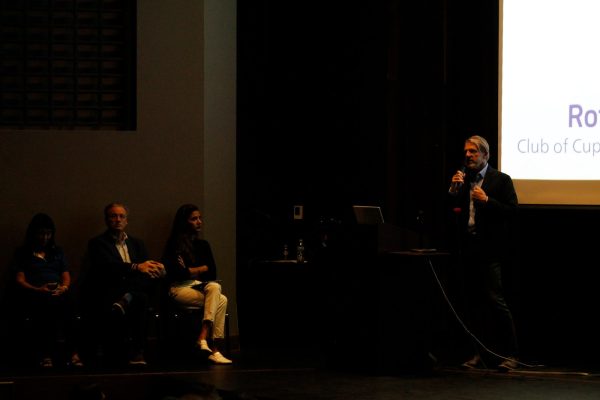“The Teenage Dream”
Romanticizing and glorifying teenage years is harmful to youth
High school is often referred to as “the best years of your life.” It is a time when you are expected to accomplish and experience all sorts of different things. People love to glorify teenage years but always fail to mention the world of societal expectations that follow immediately after.
Teenagers are told all sorts of things: they are the future, they are old enough to finally start thinking for themselves and try to understand the complicated world around them. They are told to excel at school, get the best grades, be involved in clubs, sports and volunteering. After all, everything counts towards their future, right?
But society also tends to romanticize youthful years, expecting teenagers to have time for an active social life, going to parties and making questionable decisions for the sake of a good time.
These two expectations directly oppose each other; and despite them being hard to reconcile, teens nowadays feel more pressured than ever to strive for absolute perfection.

Additionally, their mental health tends to take a toll when this goal isn’t reached. This was proved in a study done in 2018 by the Psychological Bulletin on 40,000 high school students in the United States, Canada and Britain, found a 33% spike in what psychologists call the most debilitating form of perfectionism, where teens feel they need to be perfect to win approval from peers, social media followers and parents. If they don’t, they are plagued by the feeling of letting others down and that they have screwed with their future. Psychological Bulletin says these feelings are associated with crippling mental health and symptoms such as anxiety and depression. While it is good to set goals and want to strive to be the best you can be, it shouldn’t come at the expense of mental well being. I strongly believe a persons’ drive to accomplish should be self-motivated towards the things that matter to them. A persons’ motivation should not be fear of not being “good enough” for the people around them.
These messages are carefully curated because teens are especially inclined to seek validation and project the idealized version of their life, according to studies by The Child Mind Institute.
Movies, specifically traditional highschool movies, are another harbor for unrealistic teenage expectations. Teens can look at these movies and think they are missing out or not having all the exciting fun they should be having.
In all the high school movies I’d seen as a kid, characters had lockers to decorate and store things, and have a kind of a “home base”, a little personalized harbor at school to return to and even socialize. For some reason that stuck with me, and I was always excited to be able to finally get one, only to find myself thoroughly disappointed when that didn’t happen.
Movies like “Mean Girls”, “The Kissing Booth”, “Clueless”, “To All The Boys I’ve Loved Before” and countless others, show high school as exciting and crazy, going to wild parties, normalizing alcohol and drugs, romanticizing rivalry tropes between peers, glamorizing high school relationships and wrecking relationships with parents. These movies make it seem like everyone does things in high school, and you’re not getting the true “experience” if you don’t partake in them too. However, the actual reality is that everyone’s high school life is different. There are many hardships and difficulties that can come, and not all of them have an exciting end.
Additionally, the characters in these movies are shown getting into their dream college, completely ignoring the schools’ highly demanding requirements and the fact that these characters spend their time recklessly. Filmmakers seem to forget the responsibilities teenagers have as well as their own responsibilities to portray their impressionable audience in a healthy way.
High school is an awkward time of life. Teens already struggle to find their identity and we should be given the space to experience life for ourselves; without all the extra expectations placed on us. We have our whole lives ahead of us, with lots of time to figure things out. We should not be pressured to live a whole lifetime in just a few short years. Humans tend to look back on their younger selves with fondness, washing over the difficulties in our nostalgia. Adults have a responsibility to not allow their wistfulness to negate real problems teenagers face today.
Nicole is a senior and a third-year staffer for The Epitaph. She loves the opportunity the newspaper has given her to engage with her community in...












